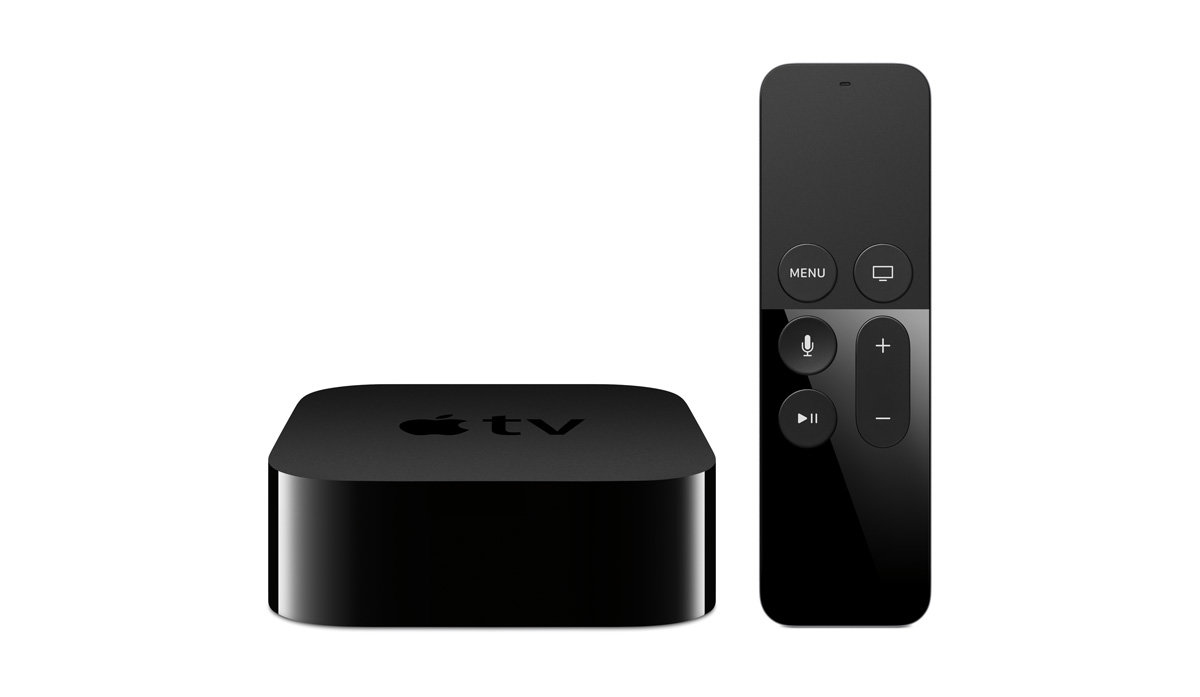You may not be aware that the original iPods and even some of the following generations had hard drives inside of them. Yes, I’m talking about actual RPM spinning hard drives with platters and heads reading and writing from those platters.
With this in mind, think about an iPod and try to imagine what kind of hard drive would be inside and how small it would have to be. As it turns out, the hard drives contained in iPods are 1.8 inches and were either a Toshiba or Hitachi (in the later models). The maximum speed for these is 4400 RPM.
So you are probably wondering what the point would be in recovering just music. Well, iPods are much like your iPhones minus the ability to make phone calls. This means that you can save music, documents, apps, etc. on your iPod and data recovery from an iPod is not as rare an event as you may think. It has been part of the data recovery industry and I have been part of it for a very long time. Even today, the data recovery center I originate from receives several cases that require recovery from an older style iPod that is holding some critical files inside or a music file that is not available anywhere else.
So, What Is Involved?
It is difficult to achieve but is possible for a professional. Just like any other hard drive, this one will contain all the components you would expect inside. There’s a head assembly, motor, and platters. The only difference is size as all of these components are small. Make that VERY small. Precision is essential when recovering data from a physically damaged iPod hard drive.
Donor Drives

Finding a suitable donor drive for an iPod hard drive can also be time-consuming and difficult. There is a step-by-step guide to finding a good match however, there is a twist that adds to the difficulty. Regular hard drives have the information about the drive on the label, the ones inside of iPods sometimes don’t so if you don’t have access to specialized equipment like PC3000, you will be out of luck in being able to find a donor.
If you happen to have the label with the product details, you are in luck.
The Price of Donors
This can go either way on you. It can be really cheap as in the range of $10 or up to $500. It depends on what model year and the specifics you are looking for. The good part is that most of the time the cost is in the $10 range.
The Actual Data Recovery
This is the most intricate part that can also become pretty expensive. That means, don’t be all the surprised if you receive a quote that sounds way higher than you had anticipated.

Just like any other hard drive recovery, clean room presence is a must and when exchanging the failed parts to new ones, the engineer needs to take special attention and have very steady hands to not damage the platters inside the hard drive.
On average, these types of cases can take anywhere from five to fifteen days. Sometimes longer. Also, a lot of times one donor drive is not enough. However, thanks to the low cost of donor drives, this is not normally a problem.
The price for this type of data recovery in the industry starts at about $900 and goes up from there.
What Is Required To Be Recovered?
The tip here is to inform the professional on what you consider the most critical file or folder to get recovered. This will increase the chances of a successful recovery.
Unfortunately, after a very large amount of tries to copy the files, the surfaces can get end up getting scratched. That is a direct result of how small the iPod hard drives are.
In Conclusion
Physical data recovery is possible on an iPod hard drive. But because of the much smaller size to work with, recovery can be expensive and can take a great deal of time. It is wise to not attempt to recover the data yourself. One way to ensure this is to stay away from DIY videos that appear on YouTube and make the process seem like an easy afternoon project.
Take your iPod hard drive recovery project to a professional if you value your data.
I would also apply that advice to any kind of physical recovery that you require from any kind of hard drive. And especially so with the microdrives that are found inside iPods.
About the author: Yevgeniy Kapishon is a hardcore techno enthusiast, a senior data recovery engineer and a blogger at Aesonlabs® Data Recovery Systems, living in Toronto, Canada. In his free time, he likes to wander and explore the back alleys of his neighborhood or carve into his favorite sci-fi flicks.




